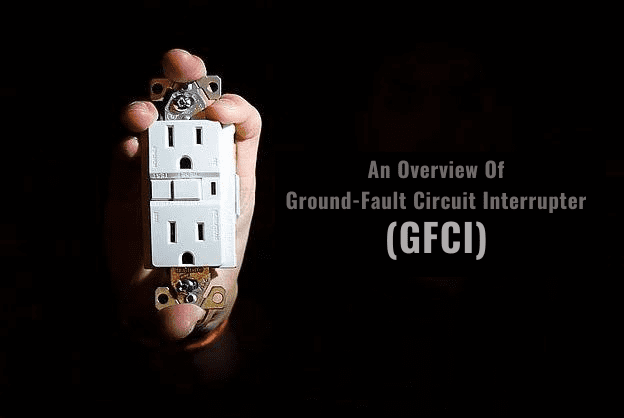In the world of electrical safety, the Ground Fault Circuit Interrupter, or GFCI, plays a crucial role. These unassuming devices are designed to protect people from electrical shocks and fires, making them an indispensable component of modern electrical systems. In this comprehensive guide, we will delve into what GFCIs are, how they work, their types, installation, and their importance in ensuring electrical safety in homes and workplaces.
What is a GFCI?
A Ground Fault Circuit Interrupter, commonly known as a GFCI or GFI, is a specialized electrical outlet or circuit breaker that monitors the flow of electrical current. Its primary purpose is to detect imbalances in the current caused by ground faults or leakages, which could result from damaged wiring, faulty appliances, or human contact with live wires.
How Does a GFCI Work?
GFCIs work on a simple yet ingenious principle: They constantly monitor the electrical current flowing through the circuit. In a balanced circuit, where the current entering is equal to the current exiting, the GFCI remains inactive. However, if there is an imbalance as small as 5 milliamps, which can be caused by a ground fault, the GFCI reacts swiftly.
When a ground fault occurs, the GFCI trips, cutting off the power supply to the circuit within milliseconds. This rapid response helps prevent serious electrical accidents, such as electrocution and fires.
Types of GFCIs
There are several types of GFCIs available, each designed for specific applications:
- Receptacle GFCIs: These are the most common types and are installed as outlets. They are suitable for indoor and outdoor use and are easily recognizable by the “Test” and “Reset” buttons on their faceplates.
- Circuit Breaker GFCIs: These are installed in the electrical panel and protect multiple outlets on the same circuit. They are a great option for older homes where replacing outlets is impractical.
- Portable GFCIs: These are compact devices that can be plugged into standard outlets. They are a convenient option for providing GFCI protection to tools and appliances in temporary outdoor settings.
- Combination AFCI/GFCI Devices: These devices provide both Arc Fault Circuit Interruption (AFCI) and GFCI protection, offering a comprehensive solution for electrical safety.
Installation of GFCIs
Installing GFCIs is a task best left to qualified electricians. Here are some key points to consider during installation:
GFCIs should be installed in areas where water and electricity are in close proximity, such as kitchens, bathrooms, laundry rooms, garages, and outdoor outlets.
Regular testing of GFCIs is crucial to ensure they are functioning correctly. Press the “Test” button regularly to simulate a ground fault and ensure the GFCI trips.
In the event of a trip, press the “Reset” button to restore power to the circuit after addressing the issue that caused the trip.
The Importance of GFCIs
GFCIs are integral to electrical safety for several reasons:
- Preventing Electrocution: GFCIs are designed to trip when they detect even the slightest imbalance in current, preventing potentially lethal electrical shocks.
- Fire Prevention: Ground faults can lead to overheating and fires. By interrupting the circuit when a ground fault occurs, GFCIs reduce the risk of electrical fires.
- Code Compliance: Many electrical codes and regulations require the installation of GFCIs in specific locations, ensuring compliance is essential for new constructions and renovations.
- Insurance and Liability: Having GFCIs installed can lead to reduced insurance premiums and lower liability risks for homeowners and businesses.
Conclusion
In summary, GFCIs are unsung heroes of electrical safety, protecting lives and properties from the hidden dangers of electricity. Their ability to detect ground faults and interrupt power swiftly makes them an indispensable part of modern electrical systems. Whether you’re a homeowner or a professional electrician, understanding GFCIs and their importance is crucial for maintaining electrical safety in your home or workplace.

